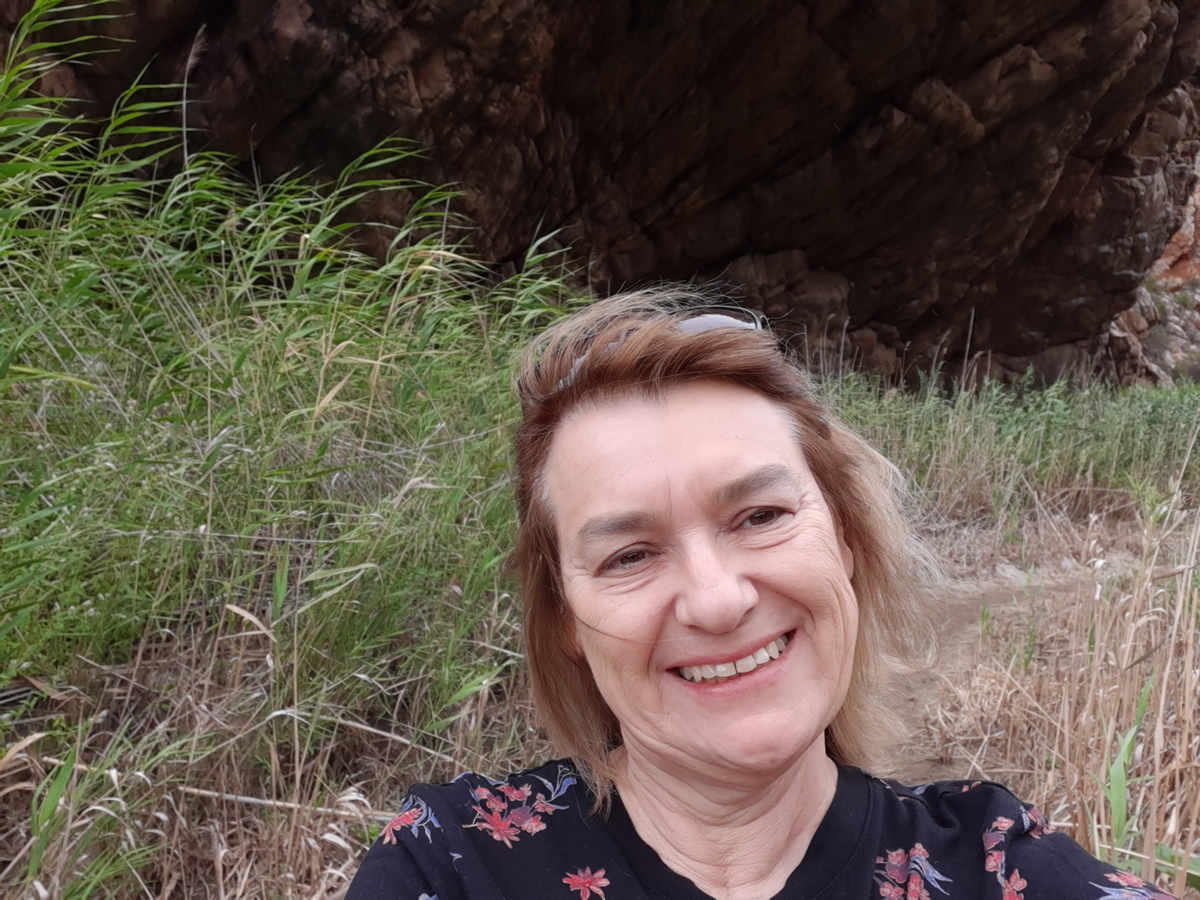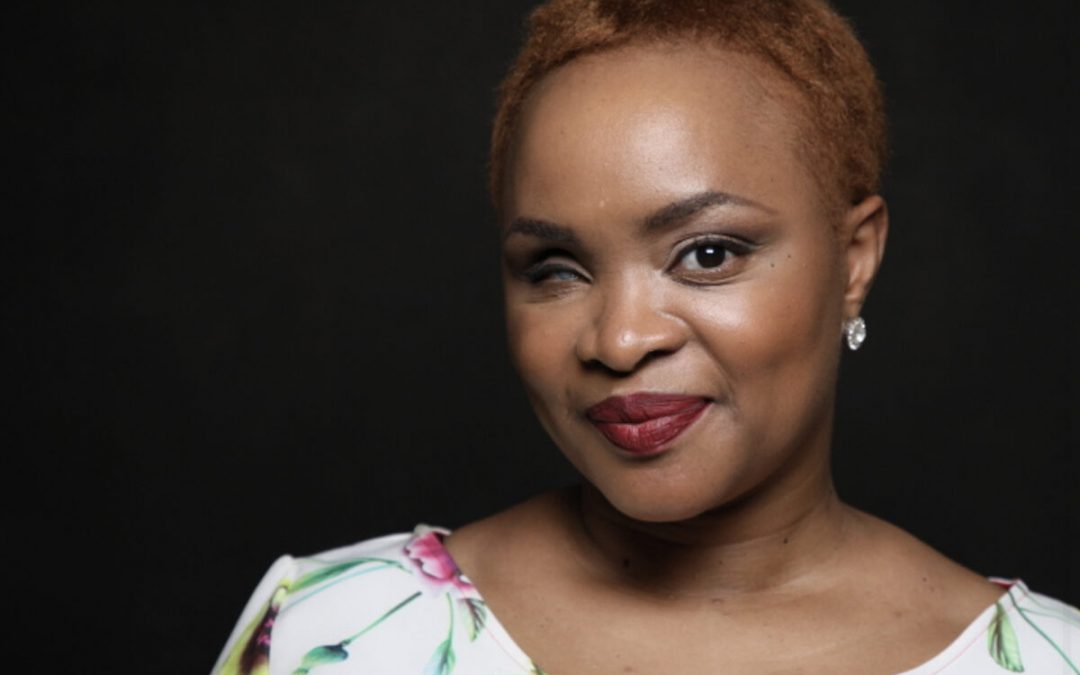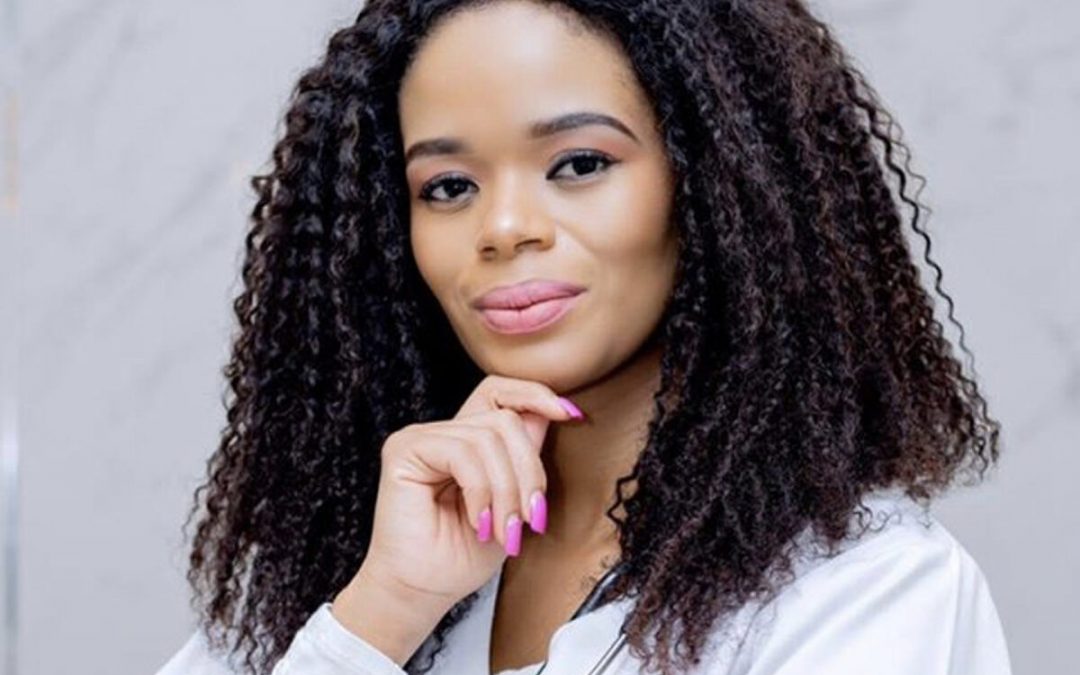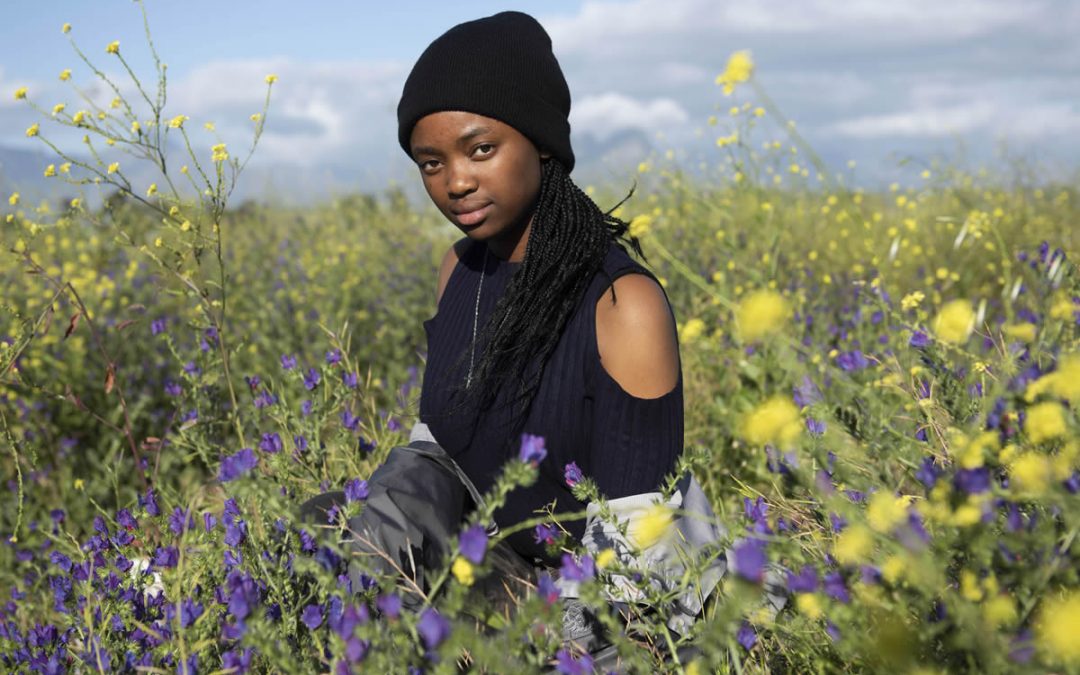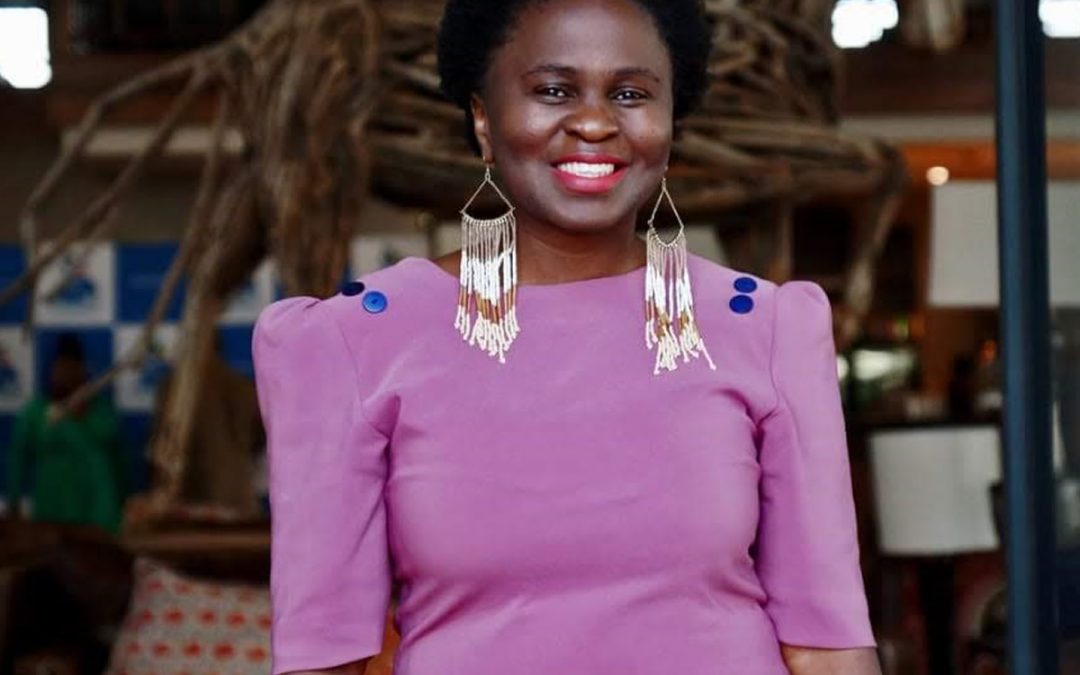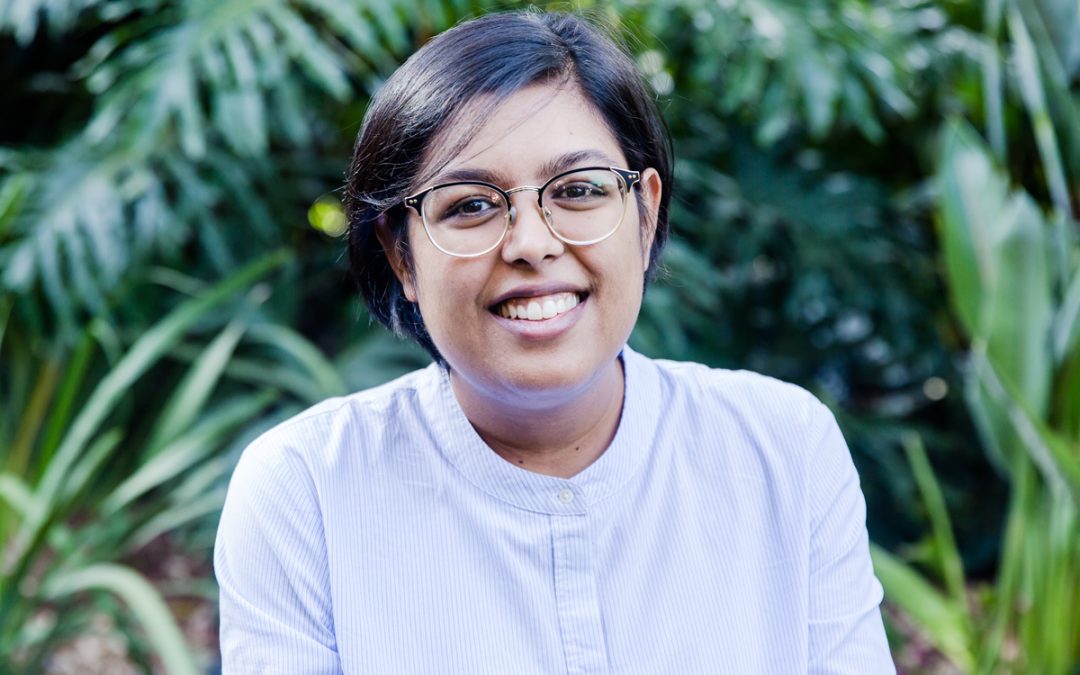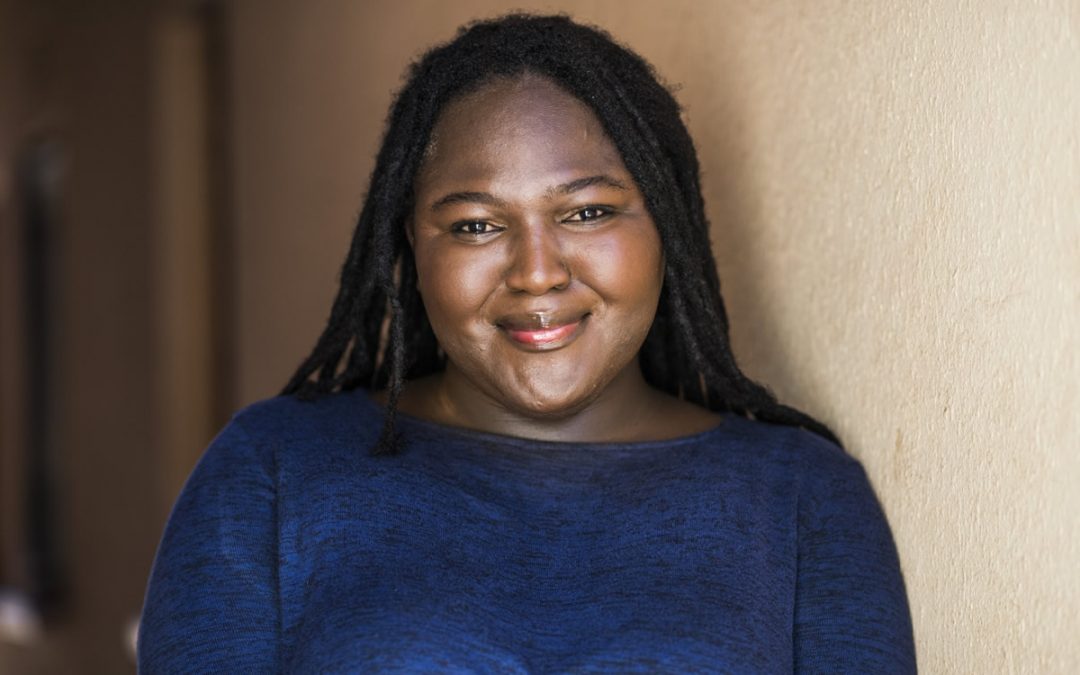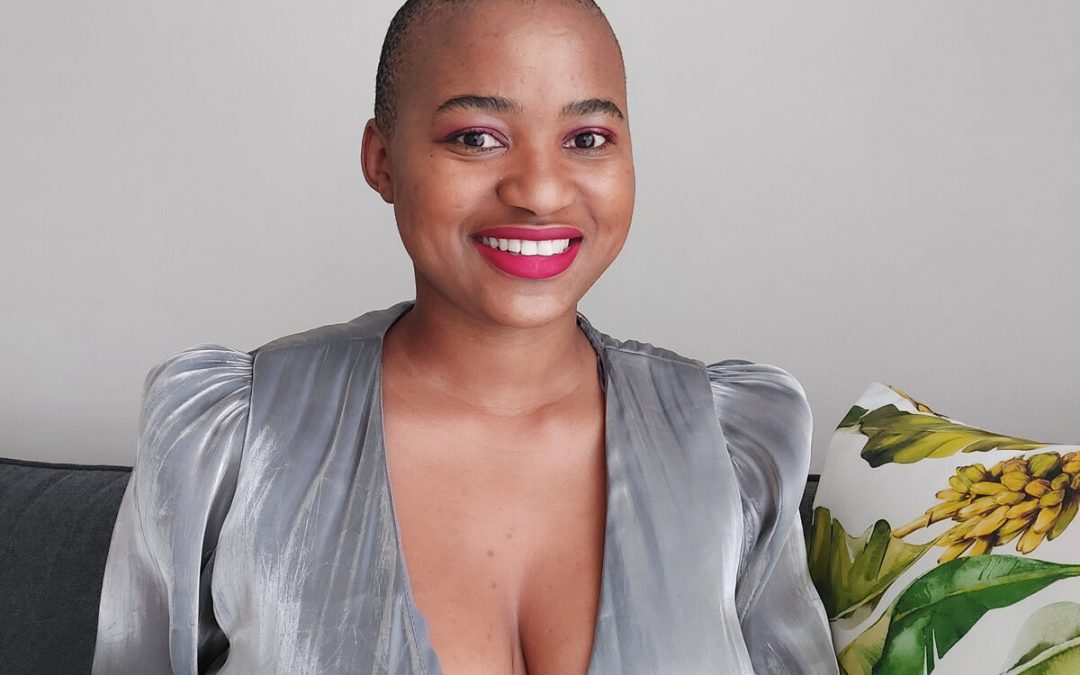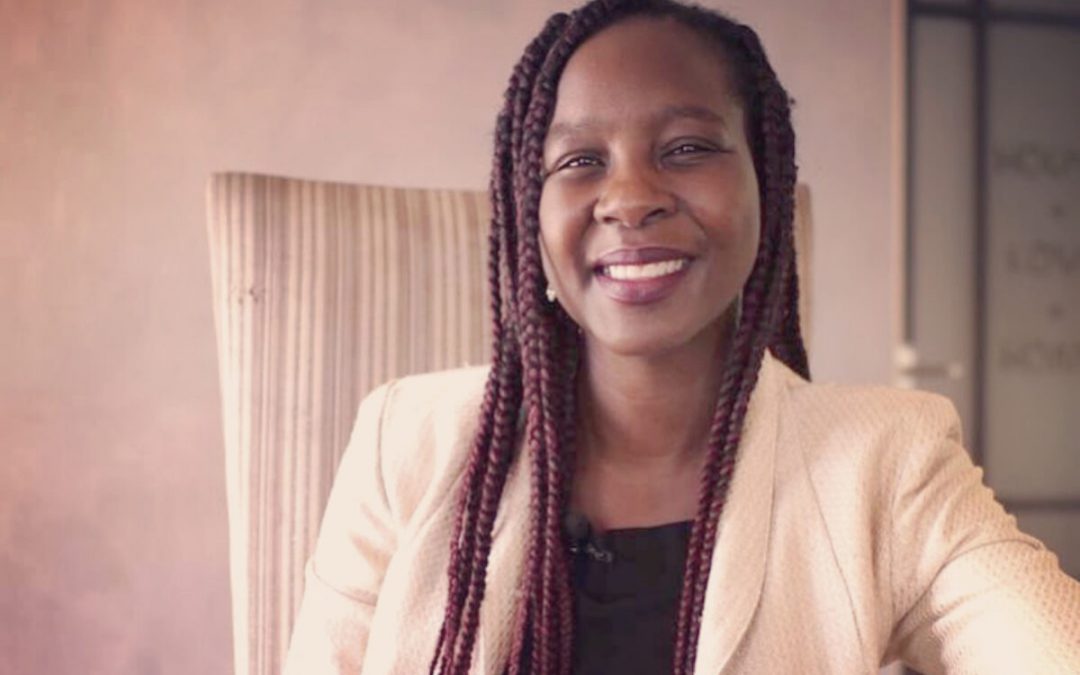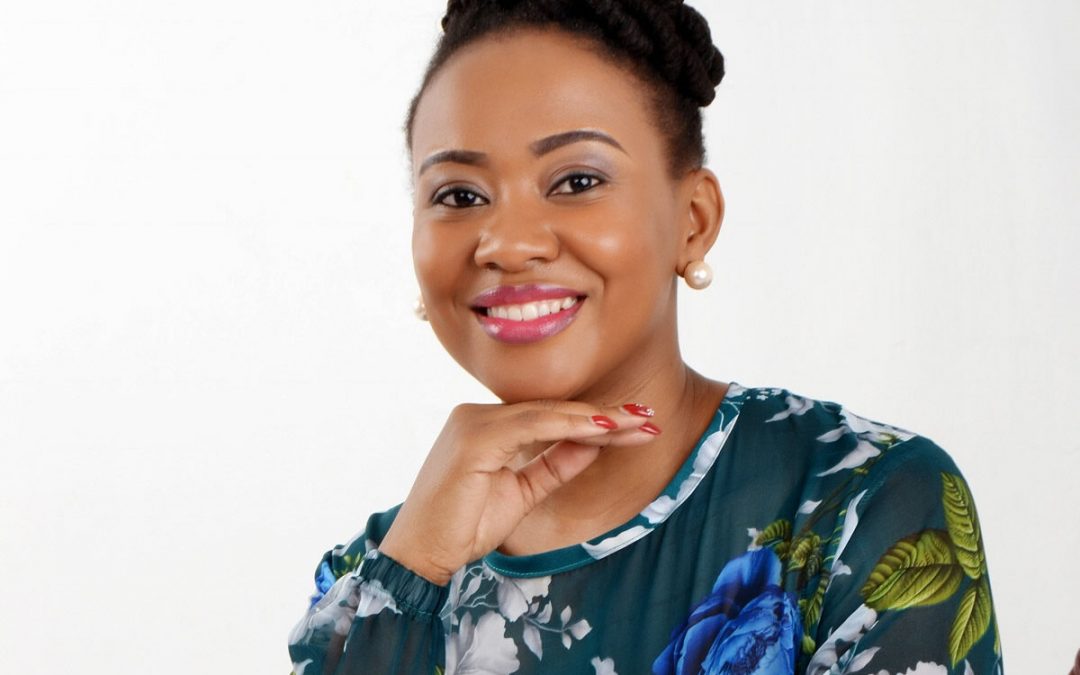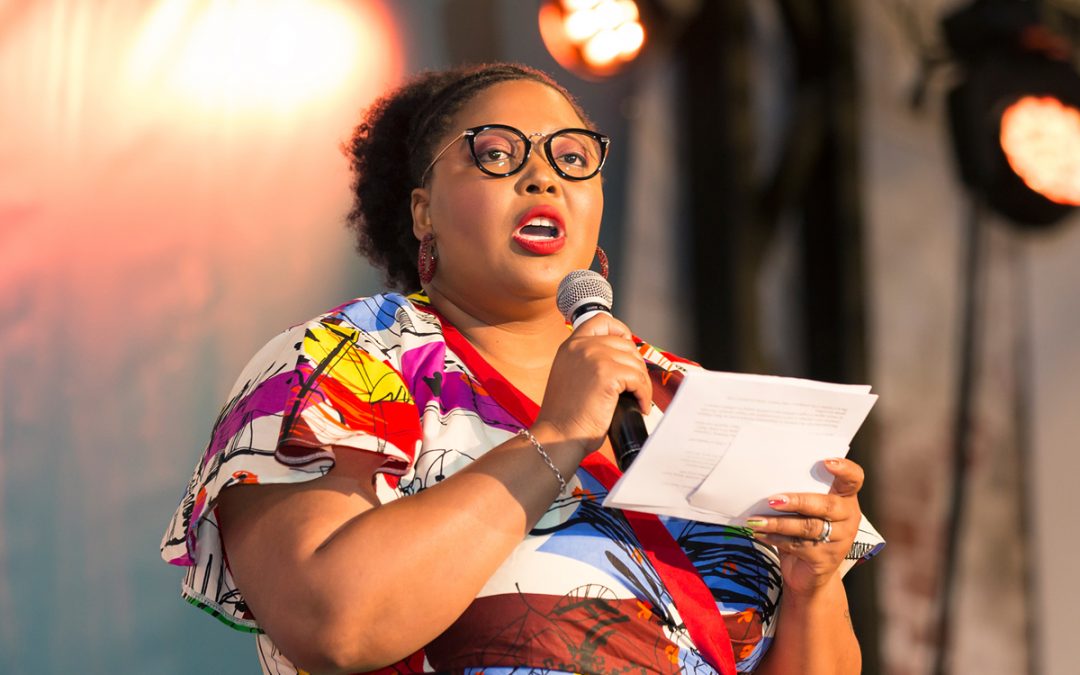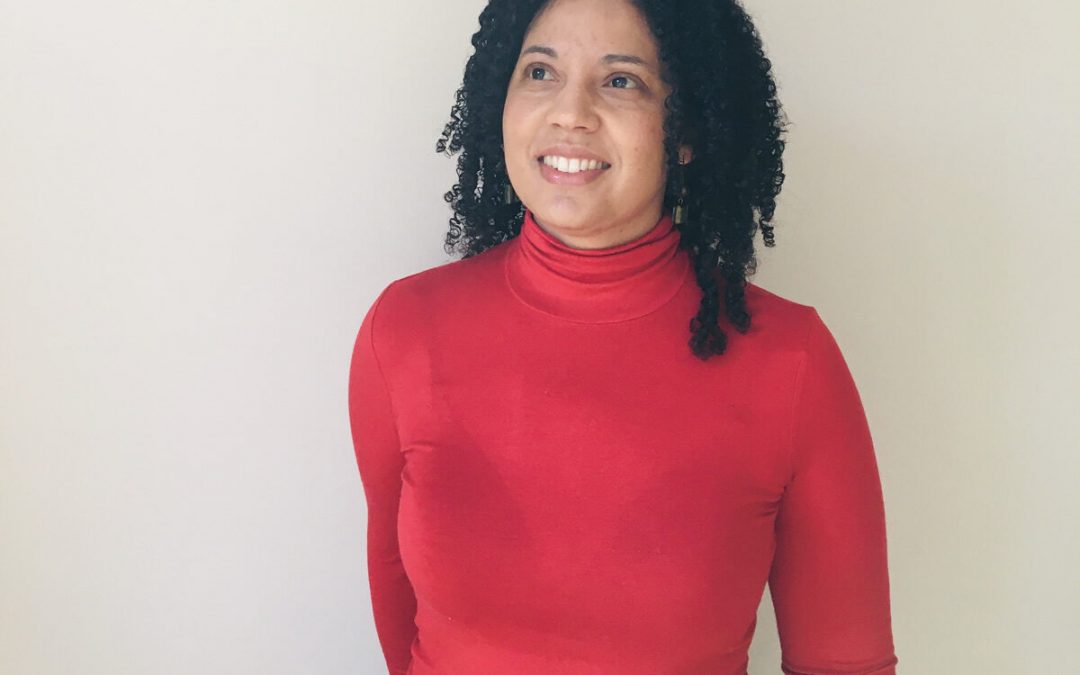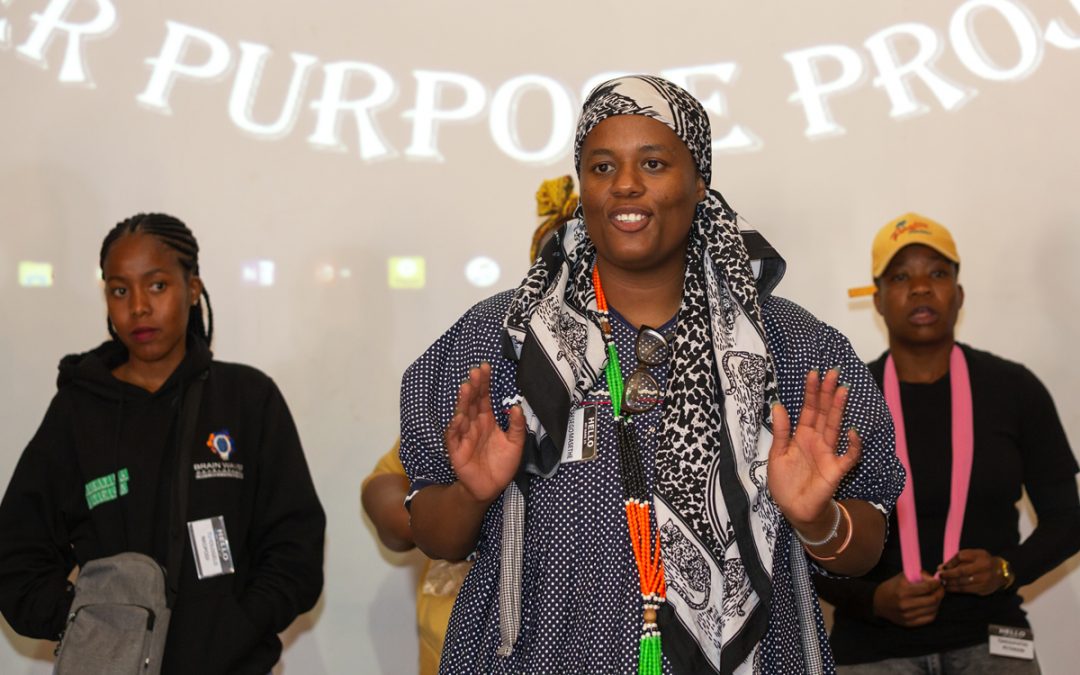Dr Glenda Davison champions an inclusive and comprehensive learning environment that encourages empathy in students and a greater understanding of the inequalities across local communities.
In the current global pandemic, Dr Glenda Davison’s name has become a familiar feature in the South African press. Her expertise and influence, however, extend far beyond immediate public health concerns. In addition to being a medical scientist and researcher, Davison is an associate professor and head of the biomedical sciences department at the Cape Peninsula University of Technology, and an honorary lecturer at the University of Cape Town. Her research interests include haematology – in which she holds a PhD from UCT – immunology, malignancy and stem-cell transplantation. Davison has published numerous papers in her field, and in 2011 received the BridgeMohan award in recognition of her contributions to haematological studies.
Nowhere is Davison’s dedication to the biomedical sciences better illustrated than in her commitment to her students. She champions an inclusive and comprehensive learning environment that encourages empathy in students and a greater understanding of the inequalities across local communities. “When our students graduate, we want them to be sensitive to the unique needs of South Africa,” the professor says. With her passion for empowering youth, and facilitating opportunities for students and graduates alike, Davison takes great pride in seeing them excel. This, above all, motivates her in her work – “the enthusiasm and energy of the youth that I have the privilege to interact with,” she says, “and experiencing the success of past students in the field of biomedical sciences”.
In further addressing South Africa’s healthcare inequalities, Davison works to strengthen ties between public and private laboratories. With her many accolades and experience, she recognises that she is in a unique position to foster change. “As a privileged South African who has had so many opportunities,” Davison says, “my greatest achievement has been to reach a position where I am able to make a difference and have my opinion heard.
“Having achieved this, I am able to empower and facilitate opportunities for younger students and leaders in the field of biomedical sciences. This is a great honour for me.”
More recently, Davison has become a leading voice in South Africa’s coronavirus coverage. Addressed to everyday readers, her articles offer insightful and accessible explanations regarding testing, tracing and the role of laboratories in curbing the spread. In compiling complex information with careful consideration for her audience, Dr Davison has established herself as an invaluable and trusted source for all things related to Covid-19.
Although the pandemic has put in-person instruction on hold for the time being, Davison remains optimistic about the academic year. “It is really heartening to experience how everyone, both in the higher education institutions and the employer sector, has pulled together in such a positive way,” she says. “Everyone has been willing to assist.”
She trusts her fourth-year students will be able to complete their clinical practice training despite the disruptions. “Graduations are always my biggest highlight,” Davison says. “I love seeing the joy on the students’ faces and the parents’ excitement.”
To young women who want to pursue a career in the biomedical sciences, Davison offers this succinct maxim: “Believe that nothing is impossible – never stop learning and asking questions.” As to what power means to her, the professor replies: “Making a difference, having influence and empowering others.”

